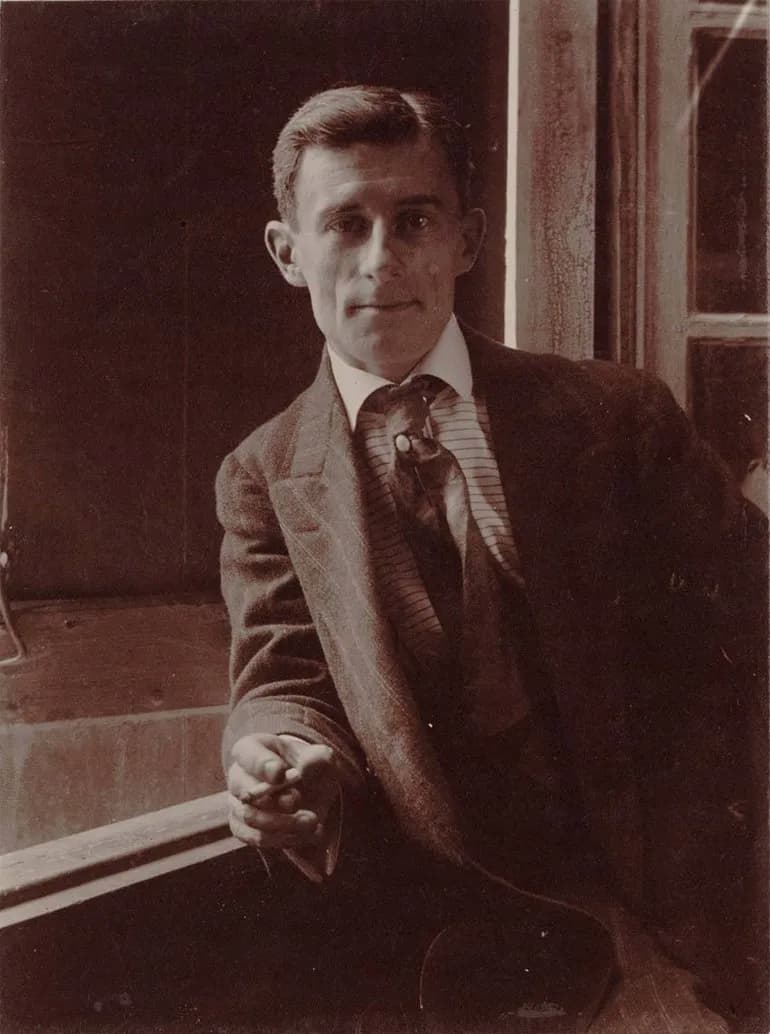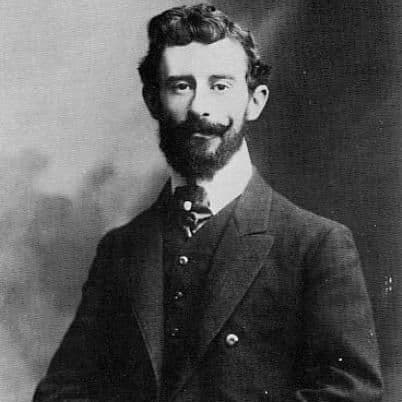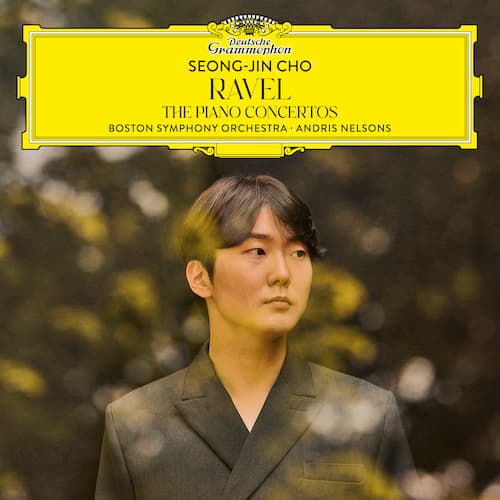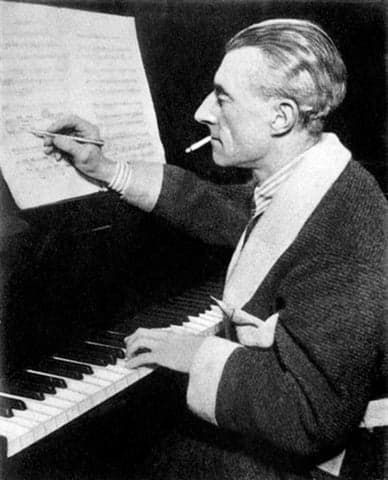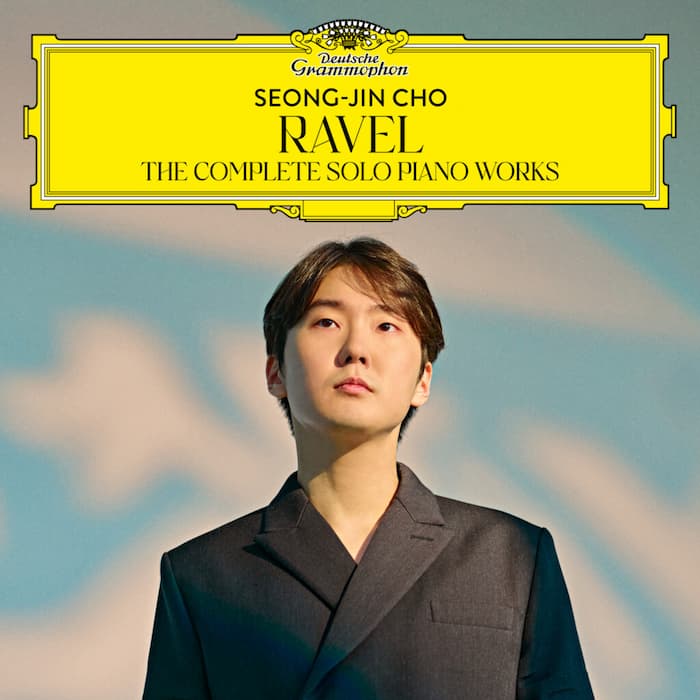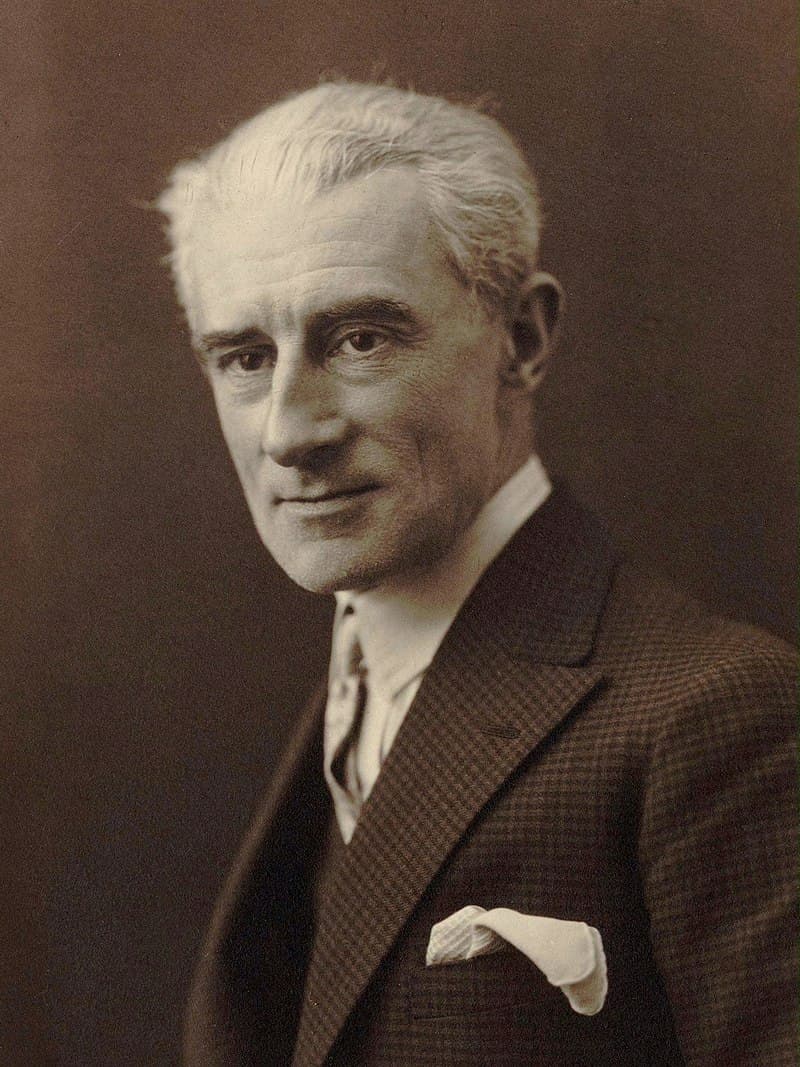In a previous article, Maurice Ravel as a Young Man, we followed the story of Ravel’s early life and first forays into the world of professional composition. We left off at the turn of the century, with twenty-five-year-old Ravel poised
Ravel
It’s almost ten years since French pianist Bertrand Chamayou recorded Ravel’s complete piano works, and now, in this the 150th anniversary year of Ravel’s birth, he has released an album which he calls “a modest contribution” to the “anniversary celebrations
Maurice Ravel was born on the 7th of March 1875, at Ciboure, a little fishing village at the base of the Pyrénées near the French-Spanish border. Members of Ravel’s family on the paternal side had emigrated to Switzerland, and Stravinsky’s
Maurice Ravel only wrote two piano concertos, and they are so individual in sound that they stand for a whole lot more. The first was the Piano Concerto for the Left Hand, M. 82, written on commission for one-handed pianist
Ravel at 150: A Legacy of Innovation 150 years ago, on 7 March 1875, the small village of Ciboure in the Basque region of France saw the birth of Maurice Ravel (1875-1937). Son of a Swiss engineer and a Basque
We celebrate the 150th birthday of Maurice Ravel (1875–1937) in 2025, and Korean pianist Seong-Jin Cho has just recorded the complete piano music of the French master. 2025 also marks a decade since the pianist was awarded first prize in
In the early morning hours of 28 December 1937, Maurice Ravel lapsed into a coma and died at the age of 62. He had been troubled by persistent health problems for some time, suffering from insomnia, extensive bouts of depression
Maurice Ravel was born in Ciboure, France, near the Spanish border on the Bay of Biscay in 1875. He grew up to become one of the most influential composers in French history. Here are a few facts about his life

